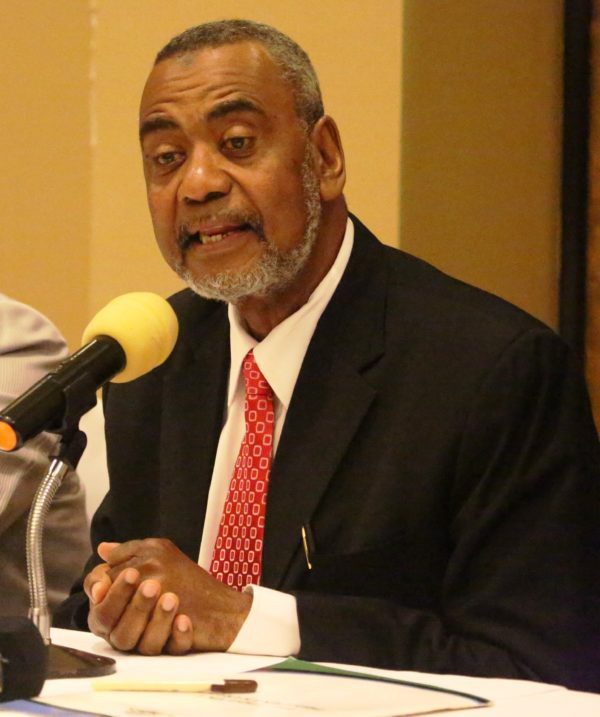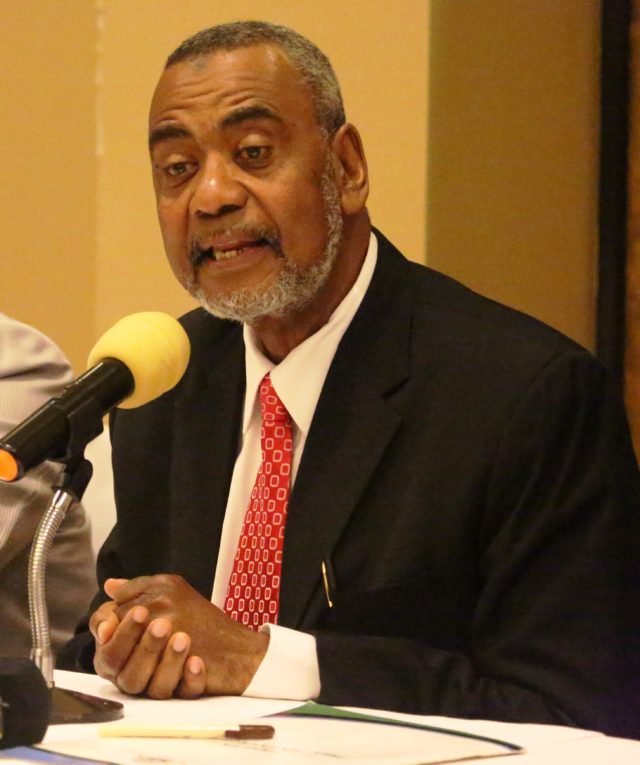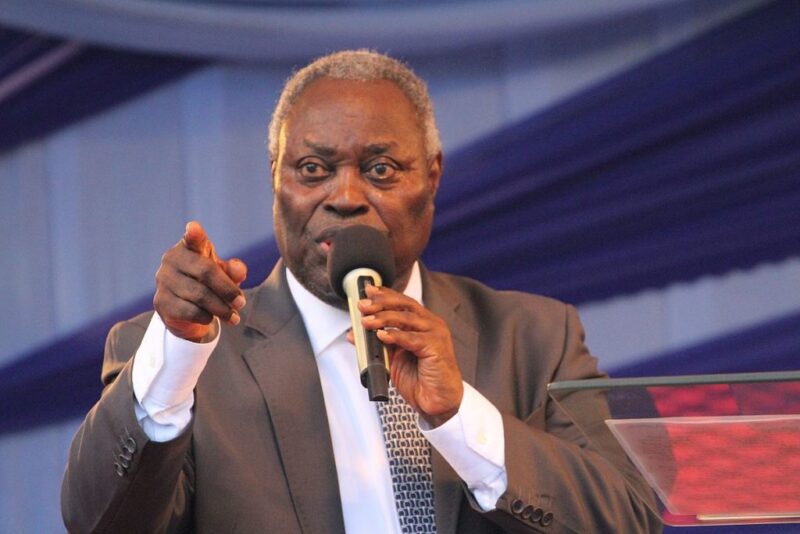Global Issues
Democracy Deferred In Zanzibar -By Maalim Seif Sharif Hamad


Maalim Seif Sharif Hamad
Zanzibar is a small nation, an archipelago of islands and a semi-autonomous part of the United Republic of Tanzania.
Yet what happens here will have a wider impact on the African continent and more globally – whether in the positive sense of being a catalyst for economic development in the region or in the negative sense that disenfranchisement is turning our island into a target for religious radicals.
On October 25th last year Zanzibar, along with the rest of Tanzania, voted in good faith in elections that were hailed as free and fair by all the international observer missions that were present – SADC, the Commonwealth, the AU, the EAC, the EU, the British and the Americans.
Results from the polling units indicated a decisive victory for our party, the Civic United Front, but as we awaited the election to be called in our favour, a contingent of security forces surrounded the hotel where the verification of the results was underway and the Chairman of the Zanzibar Electoral Commission, Jecha Salim Jecha, an appointee of the ruling party, annulled the entire exercise.
That it was an arbitrary and illegal act was confirmed by the European Union Commission Observer mission which concluded that the ZEC did not have the legal power to annul the elections and had never supplied any evidence of the alleged irregularities that were used to justify such an extraordinary and unprecedented step.
The one historical analogy that we could find was the annulment of the June 12, 1993 elections in Nigeria by General Ibrahim Babangida when MKO Abiola was well on his way to victory. Nigerians will remember what it felt like to be cheated and how that crisis led to the coup by General Sani Abacha later that year.
Though our people, especially the youth, were angry and frustrated, we cautioned them to remain calm even in the face of provocation by the security forces because the facts were on our side, and we were confident that justice would prevail.
The ZEC announced a rerun of the election would be held on March 20th. It was clear that the purpose of a new election would be to ensure a different outcome – i.e. that this time the ruling party would win. Unwilling to lend our name to such a fraud we decided to boycott the election and called on our followers to follow suit.
The election went ahead and the ruling party claimed a 91 percent victory. International observers refused to participate in the charade, but local and international journalists who were present said the polling areas were virtually empty and we calculate that less than 15 percent of the electorate turned up to vote.
The EU and the US declared that that the elections were neither inclusive nor credible. The board of directors of the Millennium Challenge Corporation, a US government programme, suspended its partnership with Tanzania and put $472 million worth of aid for electricity projects on hold.
There is an old Swahili proverb that a small fire can destroy a great forest.
Why would Tanzania put its democratic credentials into disrepute over the surrender of such a tiny sliver of power?
We negotiated a pact with the CCM in 2010 to ensure that whichever party came out on top in Zanzibar, there would be a coalition government. This was to forestall the violence of previous elections and to ensure that no section of the community would feel shut out of government.
Quite simply, the ruling party in Dar Es Salaam has expressed fear that a truly democratic Zanzibar would opt for self-determination outside of Tanzania.
And yet secession is not our policy, as we have repeatedly made clear. What we do seek is a redefinition of our relationship with the mainland, not to end the union, but to give us the freedom to rise to our potential as an island economy.
For too long Zanzibar has been economically and politically stifled by the union with Tanganyika which was promoted by the US and UK during the Cold War in 1964 out of fear that Zanzibar was becoming an African Cuba.
The British, who are so protective of their own sovereignty that they have now voted to exit the European Union, think nothing of the damage they did to another island nation through the hastily arranged marriage between Tanganyika and Zanzibar in which the people of our islands were never consulted.
Tanzania was a staunch friend of the West during the Cold War and up until today is one of the major beneficiaries of development assistance from Washington.
Zanzibar has fared less well. In the 52 years since union, our famed cosmopolitanism, our record of educational excellence, and our status as a trading hub has diminished. For decades our economy has stagnated and our development indicators have declined.
What we offered our people in last October’s elections was the vision of an unshackled future. We do not seek to break the union but to redefine our relationship in a way that makes economic and political sense.
Through our location alongside the great highway of the Indian Ocean and our deep connections with the Middle East and South Asia we could become the Singapore of Africa.
From our beautiful tropical beaches, you can almost see the coast of East Africa. History and geography ties us to that economically rising region and to the inland markets and export trades of the Great Lakes region.
A new and imaginative set of assumptions based on economic development could create a new partnership between Zanzibar and Tanganyika, benefit the Indian Ocean trading zone and bring prosperity to East and Central Africa. And we would welcome Nigerian entrepreneurs, some of whom are already finding a home in Tanzania.
Furthermore, Zanzibar is a cultural bridge between Africa and the Gulf, and with the inclusive and tolerant Islam that is practiced by Zanzibaris, a successful and flourishing democracy in the islands could serve as a model to the rest of the Muslim world in the Indian Ocean of the peaceful co-existence of democracy and Islam.
Democracy is not just an abstract concept to Zanzibar. We are fighting for more than just the right to vote every five years.
We have a six-point plan to resolve this crisis that has received support from international pro-democracy groups. We are open, in the short term, to a care-taker government of national unity in Zanzibar that should be set up as a matter of urgency and we are prepared to go to new elections under the auspices of a neutral international body.
We are also willing to work with a mediator, preferably from the African continent, and would welcome that role going to a Nigerian given your country’s history of struggling (successfully) for democracy and your international outlook and diplomatic credibility.
Until that time, we have initiated a campaign of peaceful non-violent resistance to mobilise our people and to make the statement that Zanzibar can not return to business as usual.
Our fear is that as long as democratic avenues remain closed, religious radicals will find an opening. Zanzibar has long-standing connections to other centres of Islamist militant activity such as Somalia, parts of the east coast of Kenya and of course centers in the Middle East.
Zanzibar is almost a textbook example of the conditions that lead societies to fall prey to violent extremism: poor economic governance; poverty and unemployment, especially among the youth; an abiding sense of desperation and injustice; and all of this with no channels for political expression.
That is why we refuse to extinguish hope and why we implore the international community, including Nigeria, to get serious about our struggle for democracy. This is about much more than Zanzibar.
Maalim Seif Sharif Hamad is the Secretary-General of Zanzibar’s Civic United Front and the party’s candidate in the October 2015 Presidential elections. He was a former Central Committee member of Chama Cha Mapinduzi (CCM), Tanzania’s ruling party, and Chief Minister and Vice President of Zanzibar. He was jailed for two and a half years (1989 to 1991) in Tanzania for fighting for multi-party democracy.



















